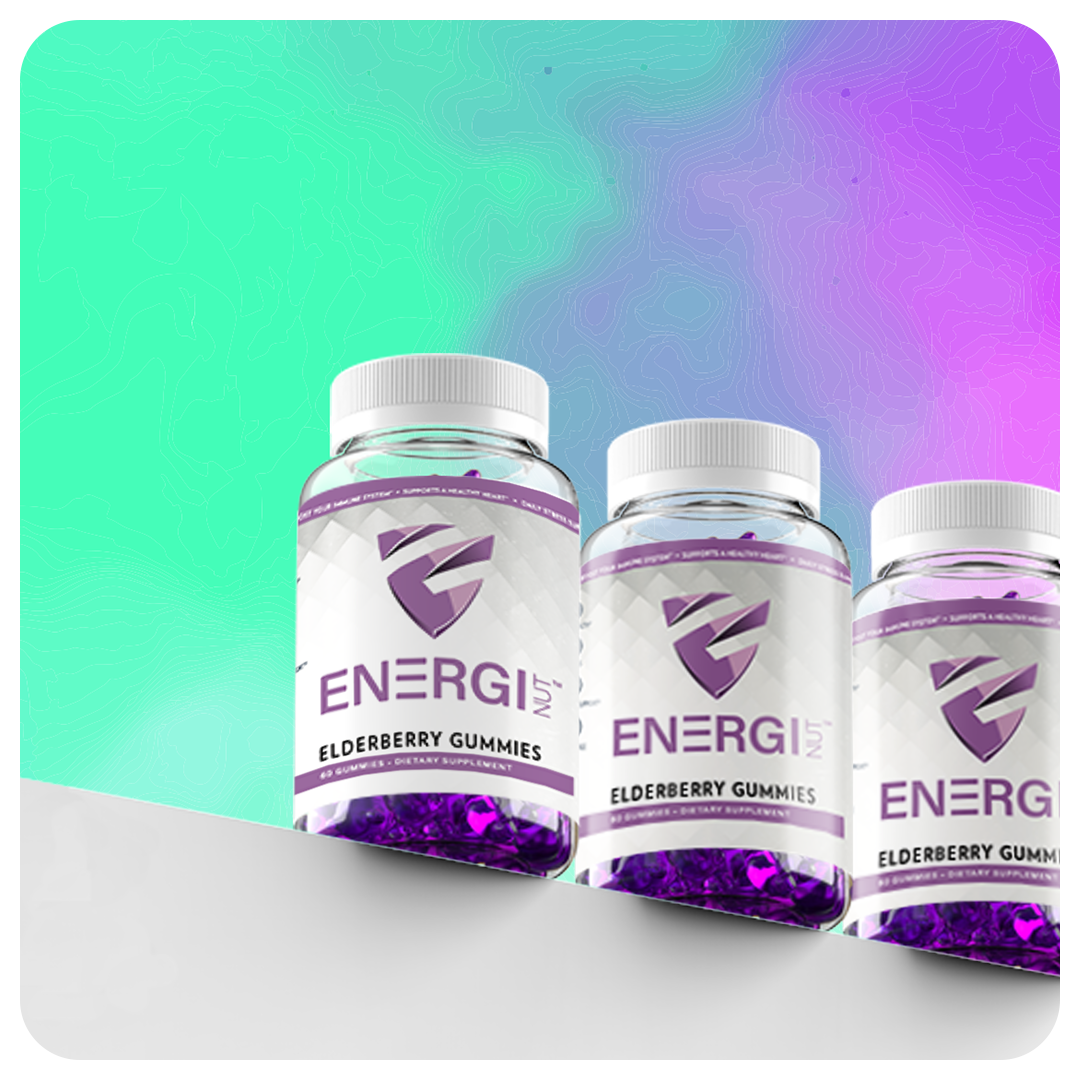Does Magnesium Glycinate Actually Help You Sleep Better

Sleep, we all know how important it is, yet for so many of us, it feels impossible to get enough. Between stress, screens, and endless to-do lists, sleep often takes a back seat.
But here’s the thing: poor sleep isn’t just tiring. It affects your mood, focus, metabolism, and even your immune system. If you’ve tried counting sheep, herbal teas, or blackout curtains but still can’t drift off easily?
It might be time to look deeper at something your body may really be craving, like magnesium. Not just any magnesium, though. Magnesium glycinate, that has been gaining attention as a gentle, powerful sleep aid that could actually make a difference.
So, let me tell you about this one supplement that will finally help you reclaim your nights.
Why Magnesium Glycinate Stands Out
Now, you might have been thinking why only magnesium glycinate, so let me give you a very clear answer. But before that, keep this in mind: not all magnesium supplements are created equal.
Magnesium oxide, citrate, and chloride are
commonly sold in stores, but they can cause digestive issues or have lower absorption rates. But magnesium glycinate, on the other hand, is gentle on the stomach and highly bioavailable.
This means your body actually absorbs and uses it effectively. Here’s a quick comparison:
 The magic comes from glycine, an amino acid th at helps calm the nervous system. A PubMed study found that glycine improves sleep latency (how quickly you fall asleep) and sleep quality. Combined with magnesium, it’s a natural one-two punch for restful, restorative sleep.
The magic comes from glycine, an amino acid th at helps calm the nervous system. A PubMed study found that glycine improves sleep latency (how quickly you fall asleep) and sleep quality. Combined with magnesium, it’s a natural one-two punch for restful, restorative sleep.
Why Magnesium Matters for Sleep
Magnesium is involved in more than 300 biochemical reactions in the body. That’s right, “300!” Many of these processes influence how well we sleep, how our muscles relax, and how our nervous system handles stress.
Low magnesium levels have been linked to poor sleep quality, anxiety, and even muscle cramps. Think of magnesium as your body’s natural
relaxant. It helps you activate the parasympathetic nervous system, the part of your body responsible for “rest and digest.”
When magnesium is low, your nervous system may stay stuck in “fight-or-flight” mode, making it harder to unwind at night. It is a form of magnesium that’s highly absorbable and gentle on the stomach.
The “glycinate” part comes from glycine, an amino acid that has its own calming effect on the brain. Together, magnesium and glycine create a synergy that helps to relax your mind and body, so you fall asleep faster and sleep more soundly.
A wellness survey found that over 37% of adults in the U.S. report poor sleep quality. While stress and lifestyle habits play a role, magnesium deficiency is increasingly recognized as a hidden culprit.
So if you’re waking up groggy, restless, or relying on coffee just to make it through the morning, your body may be telling you, “I need magnesium.”
How Magnesium Glycinate Helps Your Body
We know that magnesium glycinate helps your body, but let’s break down the main ways, like how magnesium glycinate can improve your nights:
1. Reduces Stress and Cortisol Levels
Chronic stress keeps cortisol high, which can prevent your body from fully relaxing at night. Magnesium glycinate helps regulate cortisol, allowing your nervous system to shift smoothly into rest mode.
This is why people often report feeling calmer, more centred, and ready to sleep after taking it regularly. Even an NIH review confirmed that magnesium’s role in stress response modulation helps in reducing anxiety and tension, the two major culprits for restless nights.
2. Improves Sleep Quality and Duration
Clinical trials show magnesium supplementation can significantly improve sleep efficiency, total sleep time, and reduce nighttime awakenings. Participants in one study reported:
-
Falling asleep 27% faster
-
Experiencing 18% higher sleep efficiency
-
Fewer nighttime disruptions
In real terms, this could mean turning six restless hours into seven or eight hours of deep, rejuvenating sleep, something many of us haven’t experienced in years.
3. Supports Muscle Relaxation and Recovery
Tight muscles, cramps, or post-workout soreness can keep you awake at night. Magnesium glycinate eases muscle tension, supports protein synthesis, and improves recovery.
Athletes who maintain healthy magnesium levels report less fatigue, faster recovery, and better overall performance.
4. Boosts Mood and Mental Clarity
Magnesium plays a role in neurotransmitter regulation, influencing serotonin and dopamine. Low magnesium is linked to irritability, brain fog, and emotional fatigue, all of which make it harder to sleep well.
By keeping your mind balanced, magnesium glycinate indirectly supports longer, more restful sleep.
Magnesium Glycinate vs. Other Sleep Supplements

You’ve probably seen melatonin gummies, valerian root teas, or adaptogenic blends marketed as sleep aids. How does magnesium glycinate compare?
Unlike melatonin, which can sometimes make you groggy the next day, magnesium glycinate supports your body’s natural rhythm, helping you fall asleep and stay asleep without forcing it.
Why Doesn’t Magnesium Glycinate Work for Everyone?
Not everyone experiences the same sleep benefits from magnesium glycinate, and that’s completely normal. Our bodies are all unique; differences in metabolism, genetics, and nutritional needs can affect how well magnesium is absorbed and used.
So, even if it works wonders for some, others might not notice the same results. It’s a gentle reminder that sleep support isn’t one-size-fits-all, and sometimes, a few tweaks to your routine can make all the difference.
How to Take Magnesium Glycinate
To get the most out of magnesium glycinate, timing and consistency are key:
-
When to take it: 30–60 minutes before bed with a light snack
-
Dosage: Women: 200–350 mg; Men: 300–400 mg (consult your healthcare provider)
-
Pair with calming routines: Herbal tea, deep breathing, or a warm shower
-
Avoid: Caffeine or very high-fibre meals right before taking it, as these can reduce absorption
Most people notice improvements within 7–10 days of consistent use.
Real People, Real Results
Reddit threads and Quora discussions are full of testimonials from users who have switched to magnesium glycinate. Many describe it as life-changing, helping them fall asleep faster, sleep more deeply, and wake up refreshed.
Unlike some supplements that upset the stomach or make you drowsy the next day, glycinate is gentle, effective, and safe for long-term use.
Why Energinut’s Magnesium Glycinate Is Different
Not all supplements are created equal. Energinut’s formulation focuses on quality, absorption, and purity:
-
Chelated for superior absorption
-
Lab-tested and third-party verified for potency and purity
-
Enhanced with vitamin B6 and zinc for better utilization
-
Vegan, non-GMO, and gut-friendly for everyday use
Making Sleep a Priority
Magnesium glycinate isn’t a miracle pill, but it’s a science-backed ally in your journey toward better sleep. Combined with good sleep habits, a consistent bedtime, reduced screen time, and a calming nighttime routine. Then see wonders in your sleep cycle.
It will transform your restless nights into deep, restorative sleep. Better sleep isn’t a luxury but a necessity.
Magnesium glycinate helps your body relax, your mind quiet, and your energy reset. Tonight, skip the tossing and turning.
Let magnesium glycinate help you wake up refreshed, focused, and ready to take on the day, the Energinut way.


